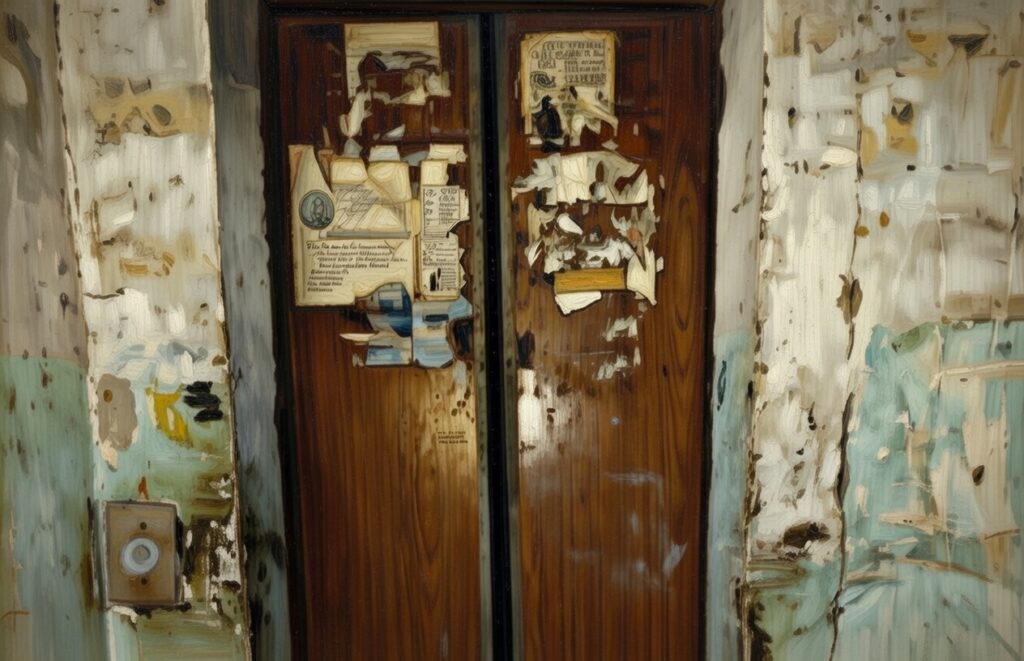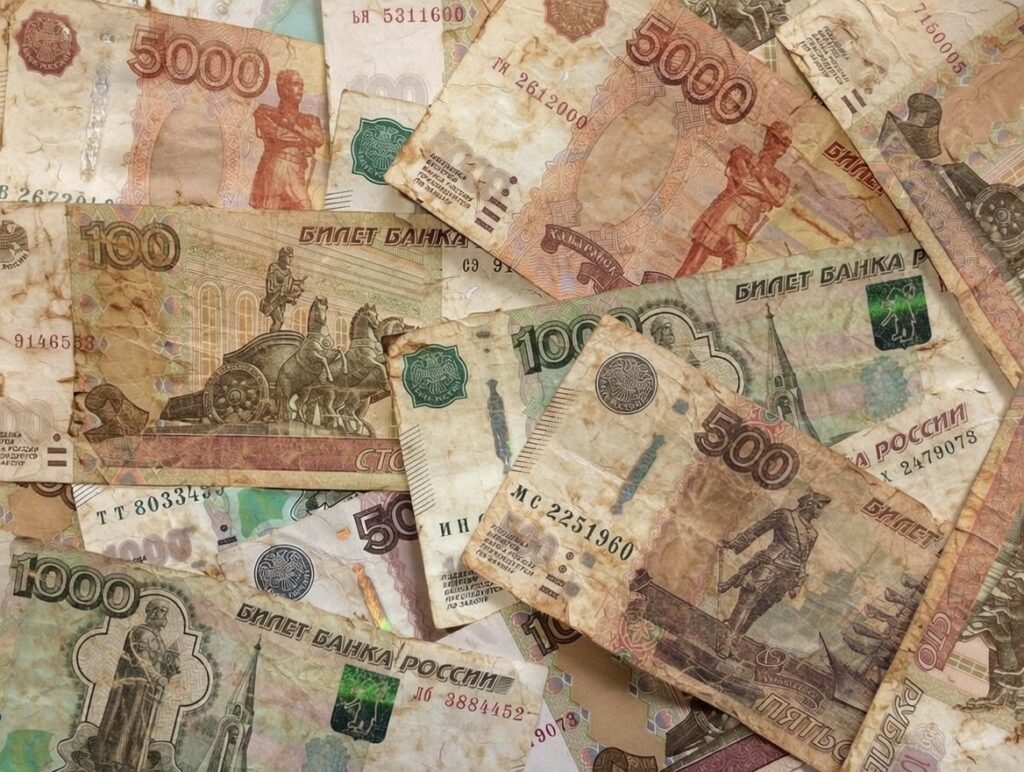Stepping back from ongoing speculation about what military aid or strike targets Trump might authorize for Ukraine, an intriguing development from Russia’s Ministry of Finance (MinFin) suggests heightened urgency in Moscow to address the war’s economic fallout. When pressed on plans for the next three-year budget, Finance Minister Anton Siluanov revealed a significant shift in mandate: «We are doing everything necessary… so that, if we speak about a budget impulse, it aligns with the monetary policy aims set by the Bank of Russia… namely, reducing inflation and, accordingly, lowering interest rates.» Why is this momentous? Even a cursory glance at spending since the invasion shows that no scenario existed in which Central Bank Governor Elvira Nabiullina could tame inflation without crushing the consumer demand boosted by the war. Sberbank analysts calculated in 2022−23 that deficits around 2% of GDP generated approximately 4% inflation as a baseline, before factoring in non-monetary constraints like labor shortages.
This shift does not mean the war effort will be starved of funds. However, it marks a significant departure from earlier messaging this year about a «slowdown» that was framed as a rational response to the war’s inflationary effects. Because interest rates cannot effectively curb war-driven inflation—given the massive volume of below-market-rate forced lending to defense firms and the influx of federal orders—the budget plays a more direct role than usual. Siluanov also noted during his Federation Council budget briefing that «certain infrastructure projects» may be deferred. This reflex is not new; MinFin has historically prioritized cutting capital investments over benefits or state wages. However, it’s a grim sign of what the «technocratic patriots» are planning.
The logic of financial scarcity in Russia creates an ouroboros effect. High inflation, beyond the obvious constraints of sanctions or a shrinking working-age population, stems from the economy’s inability to respond to growing demand with investment. Various explanations exist for this issue. It is unlikely that corruption or property rights alone account for it. This problem has persisted since the 2000s boom. In current conditions, it’s shocking to see a pullback in capital investments for infrastructure projects, as these typically reduce future inflation and, crucially, enhance the profitability of civilian sectors. Reliable estimates are now hard to come by, but logistics likely contribute 20% or more to the cost of many goods. Cutting these projects today imposes a future tax if economic growth resumes.
More critically for the political landscape, this suggests that Defense Minister Andrei Belousov’s influence has overridden any remaining «independence» MinFin might have had. In the two years before his appointment, Belousov explicitly argued that the state should sacrifice capital investments and programs like infrastructure to sustain the war effort.
Let us consider the competing logics of state policy. Putin is promoting a government push to support purchases of domestically produced car brands, including new changes to recycling fees that act as de facto tariffs on Chinese vehicle imports. However, infrastructure cuts will likely reduce budgets for road maintenance. In 2021, the instinct to economize was so strong that Prime Minister Mikhail Mishustin attended Innoprom in Ekaterinburg and explicitly called for expanding bus production and encouraging bus ridership because regional governments struggled to maintain regional roads, let alone support automakers. Russian Railways (RZhD) is discussing extending Sapsan high-speed rail service to Minsk, Nizhny Novgorod, and Voronezh, but once funds are diverted to the front, there’ll be little need to «bomb Voronezh» metaphorically. The autofreight market is reportedly seeing renewed demand and price growth, which indicates that rail freight volumes continue to decline, shifting costs and demand elsewhere. Given the reorientation of trade since February 2022, now is not the time to halt investment in transit capacity.
Inevitably, this «capital strike» in the name of inflation management will affect key services like hospitals. In 2024, 160 hospitals were shuttered to «rationalize» costs and support war spending. Staff in underpopulated regions, such as rural Khabarovsk Krai, are hemorrhaging due to cuts and receive salaries so meager it’s astonishing they continue working. Meanwhile, private businesses offering IV drips for energy boosts or hangover relief are flourishing—an intriguing phenomenon that highlights three conflicting economic realities as civilian sectors slide into recession: wellness services have surged, likely due to new travel constraints or costs and as a coping mechanism; service providers unexposed to trade, like these businesses, can charge premium prices; and the definition of «luxury» goods or services is evolving. Siluanov’s new inflation mission will push more public services and goods into the private sector, as the state underfunds its own capacities and faces permanent labor constraints in proactive initiatives.
Unsurprisingly, the cost of living has risen so sharply over the past three years that Russians’ perception of a decent salary has transformed. According to SuperJob polling, the average Russian now believes they need to earn 257,000 rubles a month «for happiness,» presumably meaning a sense of comfort and the ability to indulge. In contrast, average wages last December were nearly 130,000 rubles a month, revealing that wage growth data is, in many respects, a misleading indicator of economic health. Nominal household gains are also slowing, but the common thread is that any reduction in state spending will force a larger share of income toward basic needs.
Siluanov is thus trapped, much like Nabiullina. Using spending cuts to curb inflation will likely exacerbate real-term cost increases as the economy cools. A similar dynamic occurred in 2012−13, when middle-class Russians borrowed heavily to maintain lifestyles post-financial crisis. While it’s reassuring that warnings of economic turmoil have penetrated the Kremlin and gained some audience, the practical consequence of spending cuts will be an increased militarization of the budget. Labor and resource constraints are tangible, and there is a theoretical world where MinFin’s logic makes sense. Unfortunately, Russians do not live in that world.










